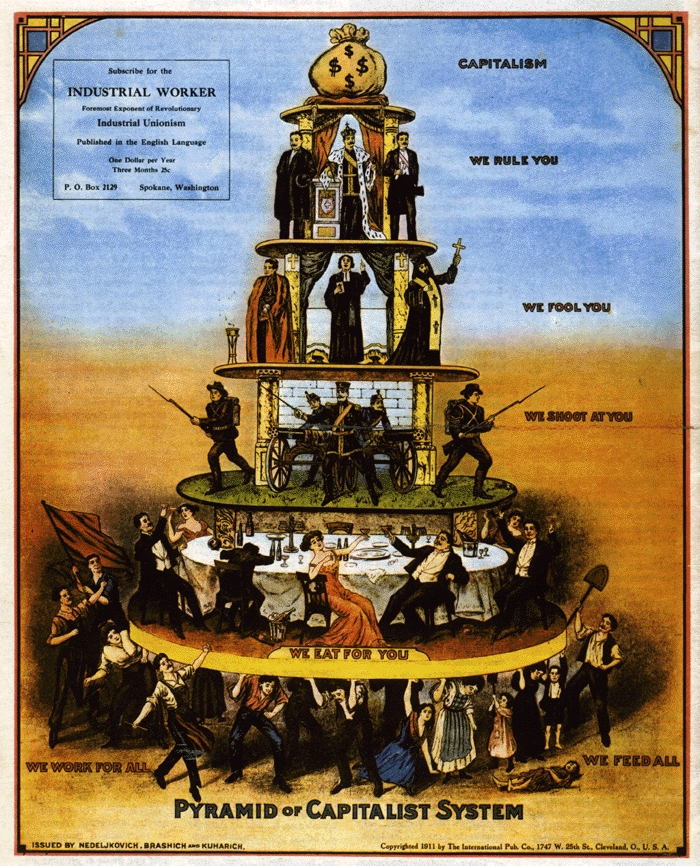
I’ve never met a hedge fund guy. I don’t think I ever will. They’re invariably male and white. Hedge fund guys move in very different circles than mere mortgage-bound morals like me, usually orbited by billions of dollars and extravagant toys like 200 ft yachts, Tuscan palazzos and a Lamborghini on every continent. At least that’s the popular stereotype.
I’m not sure I like the idea of hedge funds and hedge fund guys with their complex and obfuscated financial transactions, nano-second trading, risk shifting strategies, corporate raids and restructurings. I’m not against gazillionaires per se — but I much prefer the billionaires who invent and make things over those who simply bet and gamble and destroy.
So, it comes as no surprise to learn that one predatory hedge fund guy has found a way to make money from the death of strangers. His name is Donald F. “Jay” Lathen Jr. and his hedge fund is known as Eden Arc Capital Management. Lathen found a neat way for his hedge fund to profit from bonds and CDs (certificates of deposit) with survivor options. For each of his “death transactions” there would be two named survivors: himself or an associate and a terminally-ill patient at a nursing home or hospice. In exchange for naming Lathen as a financial beneficiary the patient would collect $10,000 from Lathen. Lathen would then rake in far greater sums from the redeemed bonds when the patient died.
Lathen’s trick was to enter into such deals only with patients that he calculated to be closest to death. Nothing illegal here, but certainly ethically head-scratching. Don’t you just love capitalism!
From Bloomberg:
A vital function of the financial system is to shift risk, but that is mostly a euphemism. Finance can’t make risks go away, or even really move them all that much. When the financial system shifts the risk of X happening from Y to Z, all that means is that Z gives Y money if X happens. If X was going to happen to Y, it’s still going to happen to Y. But now Y gets money.
Death is a central fact of human existence, the fundamental datum that gives meaning to life, but it is also a risk — you never know when it will happen! — and so the financial industry has figured out ways to shift it. Not in any supernatural sense, I mean, but in the regular financial-industry sense: by giving people money when death happens to them. One cannot know for certain how much of a consolation that is.
Another vital function of the financial system is to brutally punish the mispricing of risk through arbitrage. Actually I don’t really know how vital that one is, but people are pretty into it. If someone under- or overestimates a risk, someone else will find a way to make them pay for it. That’s how markets, even the market for death, stay efficient.
The normal way to shift the risk of death is life insurance — you die, the insurance company gives you money — but there are other, more esoteric versions, and they are more susceptible to arbitrage. One version involves “medium and long-term bonds and certificates of deposit (‘CDs’) that contain ‘survivor options’ or ‘death puts.'” Schematically, the idea is that a financial institution issues a bond that pays back $100 when it matures in 2040 or whatever. But if the buyer of the bond dies, he gets his $100 back immediately, instead of having to wait until 2040. He’s still dead, though.
But the bond can be owned jointly by two people, and when one of them dies, the other one gets the $100 back. If you and your friend buy a bond like that for $80, and then your friend dies, you make a quick $20.
But what are the odds of that? “Pretty low” was presumably the thinking of the companies issuing these bonds. But they didn’t reckon with Donald F. “Jay” Lathen Jr. and his hedge fund Eden Arc Capital Management:
Using contacts at nursing homes and hospices to identify patients that had a prognosis of less than six months left to live, and conducting due diligence into the patients’ medical condition, Lathen found Participants he could use to execute the Fund’s strategy. In return for agreeing to become a joint owner on an account with Lathen and/or another individual, the Participants were promised a fixed fee—typically, $10,000.
That is, needless to say, from the Securities and Exchange Commission administrative action against Lathen and Eden Arc. Lathen and a terminally ill patient would buy survivor-option bonds in a joint account, using Eden Arc’s money; the patient would die, Lathen would redeem the bonds, and Eden Arc would get the money. You are … somehow … not supposed to do this?
Read the entire story here.
Image: Antoine Wiertz’s painting of a man buried alive, 1854. Courtesy: Wiertz Museum, Netherlands / Wikipedia. Public Domain.



 Expanding on the work of Immanuel Kant in the late 18th century, German philosopher Georg Wilhelm Friedrich Hegel laid the foundations for what would later become two opposing political systems, socialism and free market capitalism. His comprehensive framework of Absolute Idealism influenced numerous philosophers and thinkers of all shades including Karl Marx and Ralph Waldo Emerson. While many thinkers later rounded on Hegel’s world view as nothing but a thinly veiled attempt to justify totalitarianism in his own nation, there is no argument as to the profound influence of his works on later thinkers from both the left and the right wings of the political spectrum.
Expanding on the work of Immanuel Kant in the late 18th century, German philosopher Georg Wilhelm Friedrich Hegel laid the foundations for what would later become two opposing political systems, socialism and free market capitalism. His comprehensive framework of Absolute Idealism influenced numerous philosophers and thinkers of all shades including Karl Marx and Ralph Waldo Emerson. While many thinkers later rounded on Hegel’s world view as nothing but a thinly veiled attempt to justify totalitarianism in his own nation, there is no argument as to the profound influence of his works on later thinkers from both the left and the right wings of the political spectrum. Gary Gutting, professor of philosophy at the University of Notre Dame reminds us that work is punishment for Adam’s sin, according to the Book of Genesis. No doubt, many who hold other faiths, as well as those who don’t, may tend to agree with this basic notion.
Gary Gutting, professor of philosophy at the University of Notre Dame reminds us that work is punishment for Adam’s sin, according to the Book of Genesis. No doubt, many who hold other faiths, as well as those who don’t, may tend to agree with this basic notion. We excerpt below a fascinating article from the WSJ on the increasingly incestuous and damaging relationship between the finance industry and our political institutions.
We excerpt below a fascinating article from the WSJ on the increasingly incestuous and damaging relationship between the finance industry and our political institutions.

